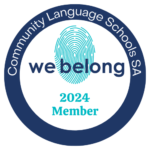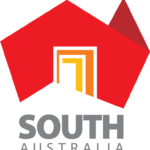Who we are
Community Language Schools SA (CLSSA) is a not for profit, for-purpose peak body. We had a name change in 2022, so you may have known us before as the Ethnic Schools Association of South Australia (ESASA). We have been advocating for, developing and celebrating this sector since 1979.
Our core belief is that all individuals have the right to maintain, develop, express and share their cultural heritages. All people are equally entitled to participate in and benefit from the activities of Community Language Schools (CLSs).

CLSSA and our schools are primarily funded through the South Australian Department of Education and Department of Multicultural Affairs. We are non-profit and non-government organisations.
As a peak body, CLSSA is responsible for ensuring CLSs meet child safety and teaching standards. We provide professional development opportunities to CLS personnel and help to establish new schools. We are also proud advocates for CLSs at local, state and federal levels.
CLSSA is just a piece of a much larger national network. Community Languages Australia is the peak body for Community Language Schools across the country. They represent over 750 schools and 100,000 students!
What is a Community Language School?
Community Language Schools (CLSs) are places where kids go to learn outside of regular school hours. Here they learn languages to connect with grandparents and keep family traditions alive. These schools operate in the evening and on weekends and most of them are powered by passionate volunteers!
Language is more than words
Learning a language is also about culture, tradition and heritage. Our schools exist to celebrate the richness of languages and the stories they carry.
But don’t just take it from us, watch this video to hear from our students on what they love about learning languages at their CLS.
Video Transcript
(student #1) There’s more opportunities and freedom to speak. I’m not limited to one language and I can speak it with my mom, or with my family.
(student #2) Learning one language, you’re in your own world, but in learning another language, it’s like you’re traveling to Mars or something. If you’re, like trapped in an own planet that speaks that one language, you never get to know what’s outside.
(student #3) When I first started going to Latvian school, I only went because my mom forced me. But now, like growing up, I’ve really learned about the culture and it’s, like taught me to be like, really proud of being Latvian. Now it’s kind of boosted my self-esteem because it’s like I have a whole ‘nother thing to talk about and it’s something that, like I really I am proud of.
(student #4) Like just a real big eye-opener to who I am and I could really explore those ideas and push on those ideas. It’s just amazing, really.
(student #4) I like hearing their stories as well. It’s hearing where other people have come from, what their experiences are and how I can connect to other people.
(student #5) And there’s so many different people that I can connect with. I’ll be like, oh, you’re from Kenya, well, my granddad was there, it’s different, and I’ve got so many different connections I can make, and it’s something that, like excites me, to talk about my story, and to talk about other people’s multicultural stories. It’s exciting.
(student #4) Everybody in Adelaide, I reckon, knows a Latvian somehow, and they really find that even though we’re a tiny little country that no one really knows about, we are so full of culture
(student #5) We’re trying to make globalized students and people who think about the rest of the world and not just Australia. By telling people and teaching people and kids about multiculturalism, showing them, oh, today is this day, it’s Holi and this is the Indian festival of colour and this is what they do.
Or today’s Eid and this is what Muslims do on Eid. You can be Australian but celebrate different festivals, teach people that, show them what it’s like to be Australian, but also Indian. Or, Australian and Kenyan or Australian and Canadian.
There are ways in which I express myself much better in Arabic. Sometimes I will just switch and I won’t even think about it. Sometimes I do it because the idea in English is just not coming out right. And there’s times where I find myself trying to say something to a friend and I can’t say it, And, I’m like, I wish you could speak Arabic because I could tell you like that, but I’m going to have to try and think of it in English.
(student #4) It’s never too late to learn the community language. I think it would be great if my parents could learn Latvian. I think that’s the thing, even though they might be born here and don’t really speak the language, they should still have a go at learning it.
(student #5) And I feel like so many more people would benefit from the opportunity, even if you don’t speak another language, try it. Try expressing yourself in something that you wouldn’t even understand. Look at how you might be able to express yourself in other cultures or in other languages and just have that experience to understand the other side of things.
(teacher) Tell me what this says.
(student #5) [speaks in Arabic]
(teacher) What does that mean?
(student #5) It means I was- I became proud of my culture… In- in your hands. Like, within you.
(student #5) You know what? Australia is a great thing to unite us all but at the end of the day, bring your culture to the table because that thing makes you you and it makes you unique and it brings so much flavor into the world for everyone.
Meet our team
We’re not your average organisation – we’re a dynamic crew on a mission to celebrate and nurture cultural diversity in South Australia, one language at a time! We have a small but dedicated team with a diverse range of skills. We each have our passion projects but when we’re together we eat, sleep and breathe community languages.
To learn more about us or contact us, click on our photos below.
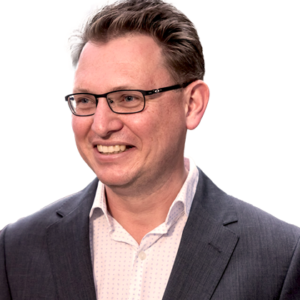
Brett Shuttleworth
Executive Officer

Brett Shuttleworth
Executive Officer
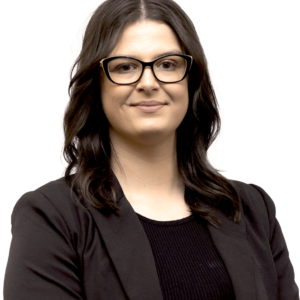
Daniela Baricevac
Community Development & Compliance Manager

Daniela Baricevac
Community Development & Compliance Manager
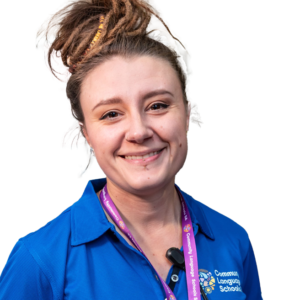
Elyse Callaghan
Director of Community Projects

Elyse Callaghan
Director of Community Projects
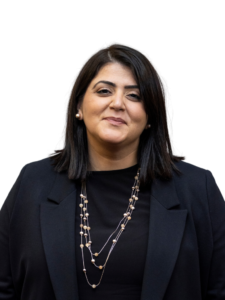
Irene Zinonos
Community Language Curriculum Specialist

Irene Zinonos
Community Language Curriculum Specialist
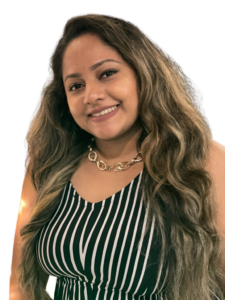
Dilma Jayawardena
Community Engagement Mentor

Dilma Jayawardena
Community Engagement Mentor
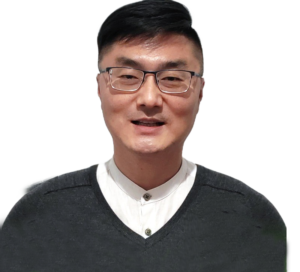
Jian (James) Lan
Learning Mentor

Jian (James) Lan
Learning Mentor
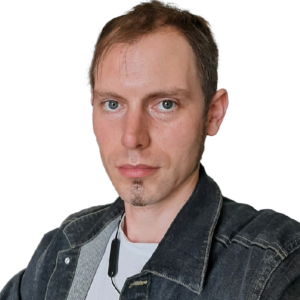
Alex Wiegand
Learning Technology Mentor

Alex Wiegand
Learning Technology Mentor
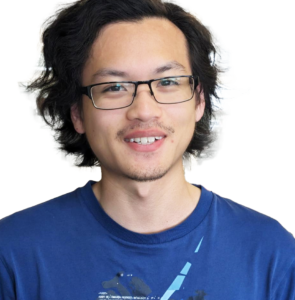
Steven Lai
Learning Technology Support

Steven Lai
Learning Technology Support
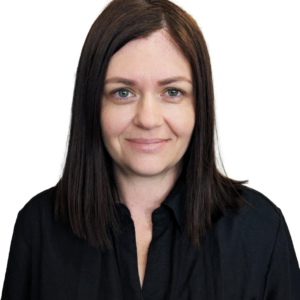
Klaudia Chwalek
School Support

Klaudia Chwalek
School Support

Maria Hughes
Community Language Support

Maria Hughes
Community Language Support

Valeria Alonso
Community Learning Facilitator

Valeria Alonso
Community Learning Facilitator

Apoorva Rajan
Community Language Support

Apoorva Rajan
Community Language Support

Jacqui D'Sylva
Community Projects Practice Leader

Jacqui D'Sylva
Community Projects Practice Leader

Noel Misfud
Learning Architect

Noel Misfud
Learning Architect
Our governance structure
CLSSA’s Board consists of 9 members who are experts in their own fields. Their knowledge and skills help to keep us on track and serve our communities.
Below are just some of the key members.
- Chairperson: Irene Rowe - Filipino Ethnic School of South Australia
- Vice Chairperson: Himo Tsakalos - Greek Orthodox Community Schools
- Treasurer: Michelle Waters - Industry Elected Board Member
- Secretary: Zinta Ozolins - Latvian School of Adelaide
